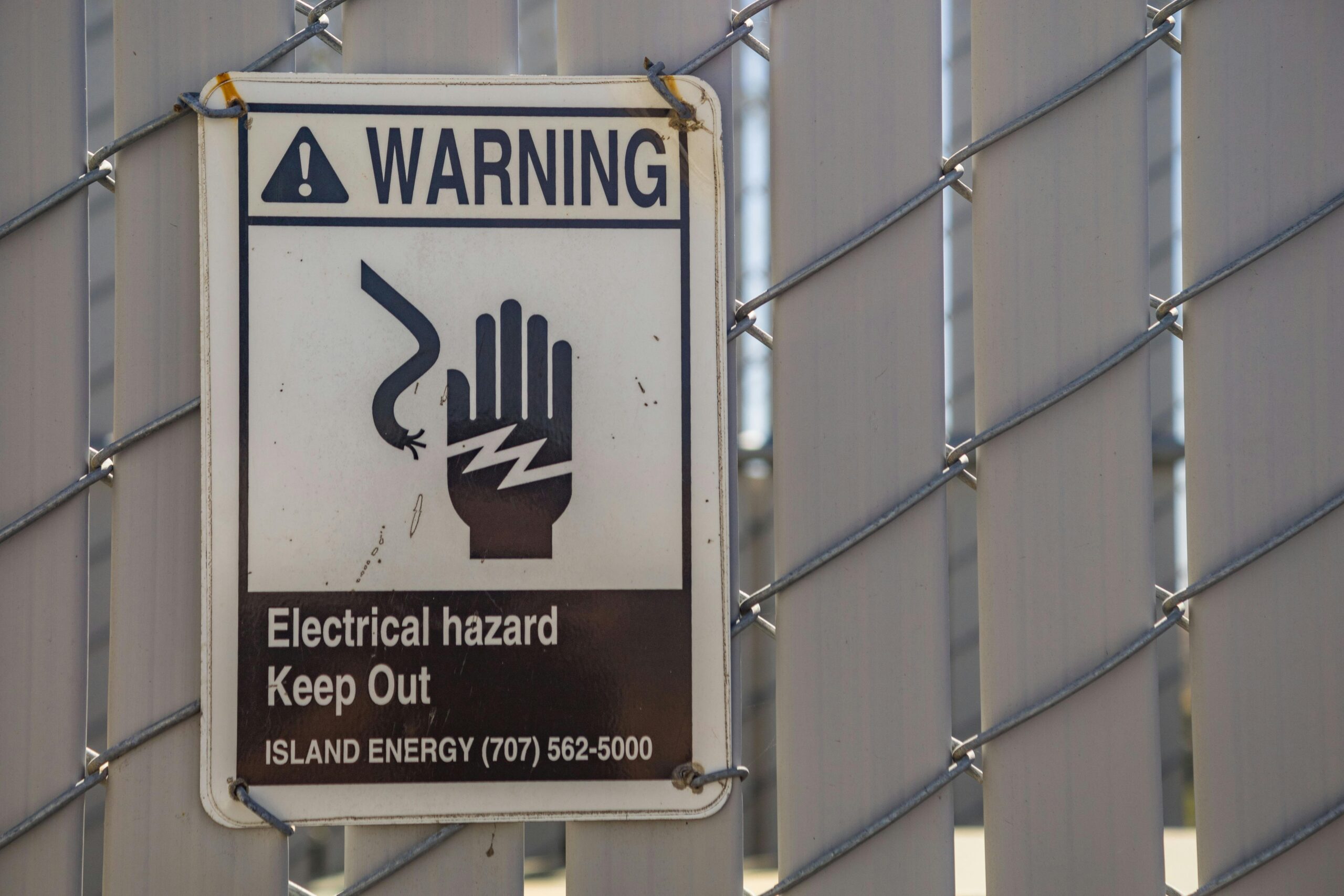Electric fencing has become a go-to security measure for South African homeowners, especially in suburban areas. While effective in protecting people and property, many overlook the fact that electric fences are subject to strict legal requirements. Failing to comply can expose you to legal liability, financial penalties, and delays in property transactions.
With increased inspections and stricter enforcement, understanding your responsibilities as a property owner is no longer optional, it’s essential.
Why Are Electric Fences Regulated?
Although they’re installed on private property, electric fences are not exempt from regulation. They pose risks to humans, animals, and neighbouring properties if not installed correctly. Recent reports of non-compliant installations and unsafe systems have prompted authorities to intensify oversight.
These laws aim to prevent electric shocks, fires, and boundary disputes by holding both property owners and contractors accountable.
Do You Need a Certificate of Compliance (COC) for Your Electric Fence?
Yes. According to the Electrical Machinery Regulations under the Occupational Health and Safety Act, any electric fence system installed after 1 October 2012 must have a valid Electric Fence System Certificate of Compliance (EFS COC).
This certificate verifies that the system was installed and maintained according to the required SANS 10222-3 standards and can only be issued by a certified installer registered with the Department of Labour.
When Must a COC Be Provided?
You will need a valid electric fence COC in the following situations:
- Selling or transferring ownership of the property
- Making modifications or upgrades to the existing fence
- When requested by an inspector or during property inspections
Keep in mind: although a COC does not have an expiration date, it cannot be transferred. Each new owner must obtain a new certificate at the point of sale.
Who Can Install or Approve an Electric Fence?
Only professionals registered as electric fence system installers are legally permitted to install or certify electric fencing. General electricians or unqualified handymen do not meet this requirement, even if they have technical skills.
Using an unauthorised installer can:
- Void the compliance certificate
- Invalidate your home insurance
- Lead to regulatory fines or even legal action
As the homeowner, you are legally responsible for ensuring the installer is compliant.
Key Electric Fence Installation Rules in South Africa
To meet legal standards, your electric fence must:
- Be mounted at least 1.5 metres above ground level (unless installed on a wall)
- Not be placed on shared boundary walls without your neighbour’s written consent
- Include visible warning signs in the applicable local languages, spaced no more than 10 metres apart
- Avoid electrifying gates, fences, or structures likely to be touched by people
- House the energiser (the power unit) in a secure, weatherproof enclosure
These regulations exist to prevent serious injury and ensure accountability.
Legal and Financial Risks of Non-Compliance
If your electric fence doesn’t comply with the law, you could face:
- Personal liability – If someone is harmed, even a trespasser, you could be held legally responsible
- Insurance claim rejections – Without a valid COC, your insurer may refuse to pay for damage or injury
- Property sale complications – You cannot transfer a property with an uncertified electric fence
- Fines and enforcement – The Department of Labour may impose penalties or require the fence to be dismantled
Are There Exceptions?
If your electric fence was installed before October 2012 and has remained unchanged, you are not legally required to obtain a COC. However, if you:
- Sell the property
- Make changes to the system
- Upgrade the installation
…then the fence must be brought up to code, and a COC must be issued.
Be aware: even older fences can be flagged for inspection and must be made compliant if they pose a safety threat.
What About Rentals – Who Is Responsible?
Landlords must ensure electric fences on rental properties are certified and compliant. Tenants are entitled to request the certificate and have a right to safe, functional security systems.
If a tenant, visitor, or child is harmed by a non-compliant system, the landlord could face serious legal and financial consequences.
How Property Attorneys Can Help
Electric fence regulations often intersect with property law, particularly in sale agreements, lease negotiations, and compliance disputes. A property attorney can:
- Review the COC before a sale or purchase
- Assist with compliance for sectional titles or shared boundaries
- Draft clauses in lease or sale agreements relating to electric fencing
- Help resolve neighbour disputes over installations
Legal guidance ensures your security measures don’t become a legal liability.
Don’t Let an Electric Fence Become a Legal Hazard
Electric fencing is meant to enhance your safety, not compromise it. With compliance now under close scrutiny, non-compliant fences can quickly lead to unexpected costs, delays, or legal trouble.
Before you install, modify, or sell a property with an electric fence, make sure your system meets all legal requirements.
Need help with compliance, certification, or legal advice on electric fencing?
Contact our team for guidance on installation, COC reviews, and property law compliance in South Africa.






